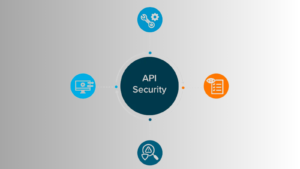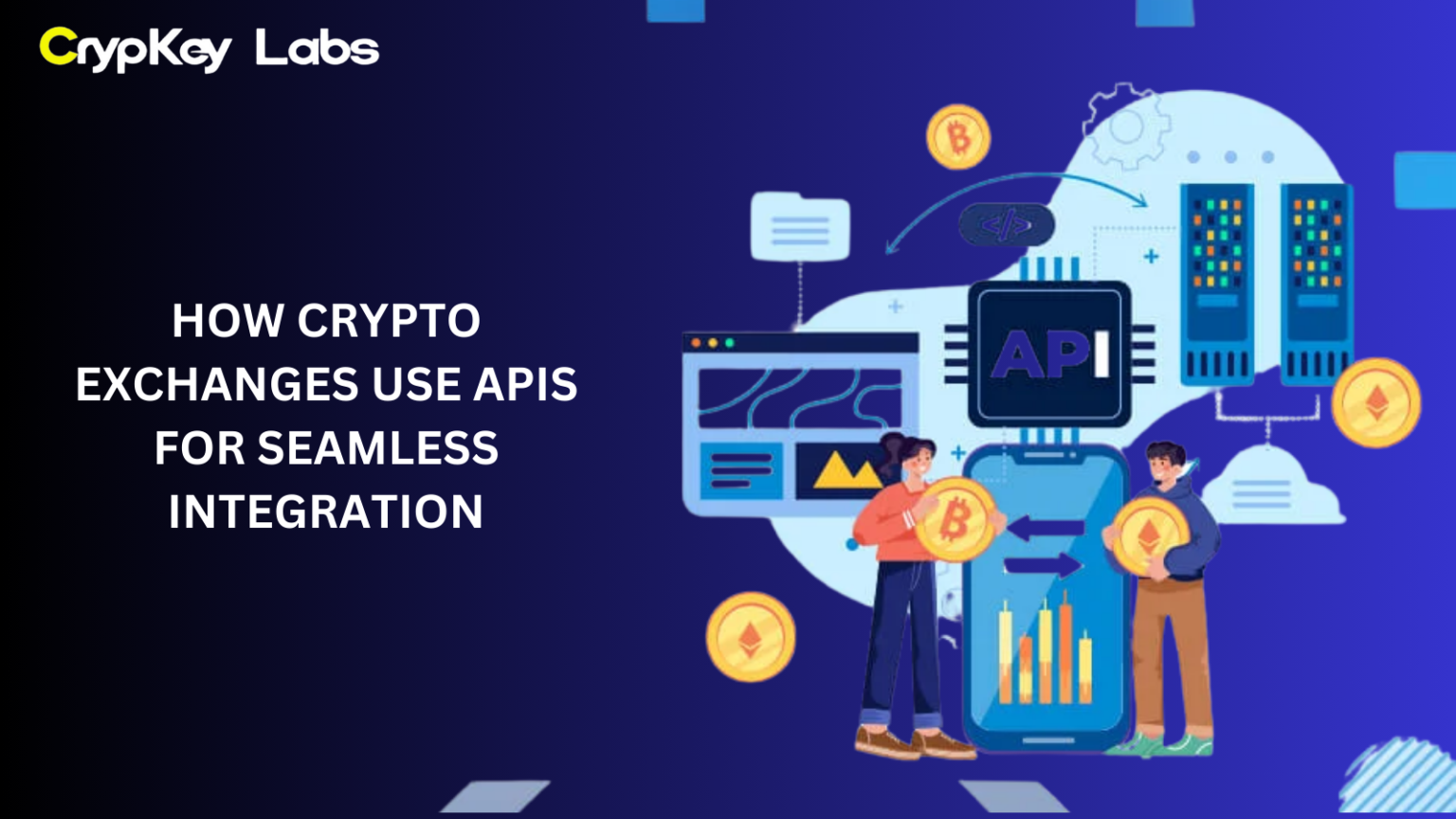If you’ve ever traded crypto or explored an exchange’s features, you’ve likely interacted with APIs—whether you knew it or not! APIs (Application Programming Interfaces) play a crucial role in making trading smooth, efficient, and automated. They connect exchanges with third-party tools, trading bots, and portfolio management platforms to enhance the overall experience for both individual traders and institutions.
With crypto markets running 24/7, traders need real-time data, fast execution, and automation to stay ahead. That’s where APIs come in. In this blog, we’ll break down how crypto exchanges use APIs, why they’re essential for seamless integration, and what the future holds for this technology.
Understanding APIs in Crypto Exchanges
What Are APIs and How Do They Work?
APIs are software interfaces that allow different applications to communicate with each other. Think of them as messengers that take your requests (like fetching market prices or placing a trade) and return the desired data or action. In the world of crypto exchanges, APIs enable seamless integration between trading platforms, bots, mobile apps, and other financial services.
Types of APIs Used in Crypto Exchanges
Crypto exchanges provide different types of APIs, each serving a unique purpose:
- Public APIs – These APIs allow users to access public data like market prices, order books, and trading volume. You don’t need authentication to use them.
- Private APIs – These require authentication and allow users to perform account-related actions like placing trades, checking balances, and withdrawing funds.
- WebSocket APIs – These are designed for real-time data streaming. Unlike REST APIs, which require constant requests, WebSocket APIs provide instant updates on price movements and trades.
By using these APIs, traders and developers can integrate crypto exchanges into various applications, enhancing their trading experience.
How APIs Enable Seamless Integration
Now that we understand the types of APIs, let’s dive into how they enable smooth integration between exchanges and different services.
Automated Trading Bots
One of the biggest advantages of crypto exchange APIs is that they allow traders to automate their strategies. Trading bots use APIs to:
- Place buy and sell orders automatically
- Execute strategies based on market conditions
- Minimize emotions in trading decisions
APIs make it possible for bots to interact with exchanges 24/7, ensuring users never miss a trading opportunity.
Liquidity Aggregation
Liquidity is a crucial factor in crypto trading. By using APIs, exchanges can pull liquidity from multiple sources, making it easier for traders to execute orders without significant price fluctuations. This improves the overall efficiency and fairness of the market.
Cross-Platform Integration
Many traders use multiple platforms for trading, analysis, and asset management. APIs allow seamless integration between crypto exchanges, mobile apps, trading dashboards, and third-party wallets. This makes it easier to track portfolios, execute trades, and analyze market trends—all from a single interface.
Portfolio Management
Managing multiple crypto assets across different exchanges can be challenging. APIs simplify this by enabling portfolio management apps to:
- Fetch real-time balances
- Track trading history
- Display performance analytics
This helps traders stay organized and make informed decisions.
Security Considerations in API Usage
APIs bring many benefits, but security is a major concern when using them. Here’s how crypto exchanges ensure safe API usage:
API Keys and Authentication Methods
Most exchanges use API keys for authentication. These keys grant access to an account’s data and trading capabilities. Common security methods include:
- OAuth – A secure authentication framework used for API access.
- HMAC (Hash-based Message Authentication Code) – Encrypts API requests to prevent unauthorized access.
- Two-Factor Authentication (2FA) – Adds an extra layer of security when using APIs.
Rate Limiting and Throttling
To prevent abuse and ensure fair usage, exchanges impose rate limits on API requests. This prevents spamming the server with excessive requests and maintains a stable trading environment.
Encryption and Security Protocols
Top exchanges encrypt API requests and responses to protect user data. Secure protocols like SSL/TLS encryption ensure that sensitive information remains confidential.
The Role of APIs in Institutional and Retail Trading
APIs are used differently by institutional and retail traders, but both benefit from their efficiency.
Institutional Traders
Large trading firms and hedge funds rely on APIs for:
- High-Frequency Trading (HFT) – Executing thousands of trades per second using algorithmic strategies.
- Market Making – Providing liquidity by constantly buying and selling assets.
- Risk Management – Automating stop-loss and take-profit strategies.
Retail Traders
APIs also help everyday traders by providing:
- Easy access to market data
- Automated trading strategies
- Seamless integration with mobile trading apps
APIs level the playing field, giving both small and large traders the tools they need to trade efficiently.
Future Trends in Crypto Exchange APIs
The use of APIs in crypto trading is evolving, and several trends are shaping the future:
AI-Powered Trading
Artificial intelligence and machine learning are being integrated into API-based trading strategies. These technologies analyze market patterns and optimize trades for better profitability.
Expansion of Decentralized Exchange (DEX) APIs
With the rise of decentralized finance (DeFi), more decentralized exchanges are offering APIs for automated trading. This allows users to trade directly from their wallets without relying on centralized exchanges.
Greater Interoperability
APIs are being designed to support cross-chain transactions, enabling users to trade assets across different blockchains seamlessly. This will lead to a more connected and efficient crypto ecosystem.
Conclusion
Crypto exchange APIs are revolutionizing the way traders interact with the market. Whether you’re a beginner looking to automate your trades or an institutional investor seeking high-frequency trading solutions, APIs provide the tools needed for seamless integration.
By leveraging APIs, traders can:
- Access real-time market data
- Automate trading strategies
- Enhance security with authentication protocols
- Integrate multiple platforms for a streamlined experience
As technology advances, APIs will continue to evolve, making crypto trading more accessible, secure, and efficient.
If you’re interested in learning more about how APIs can enhance your trading experience, check out some of the leading exchanges offering robust API solutions.







